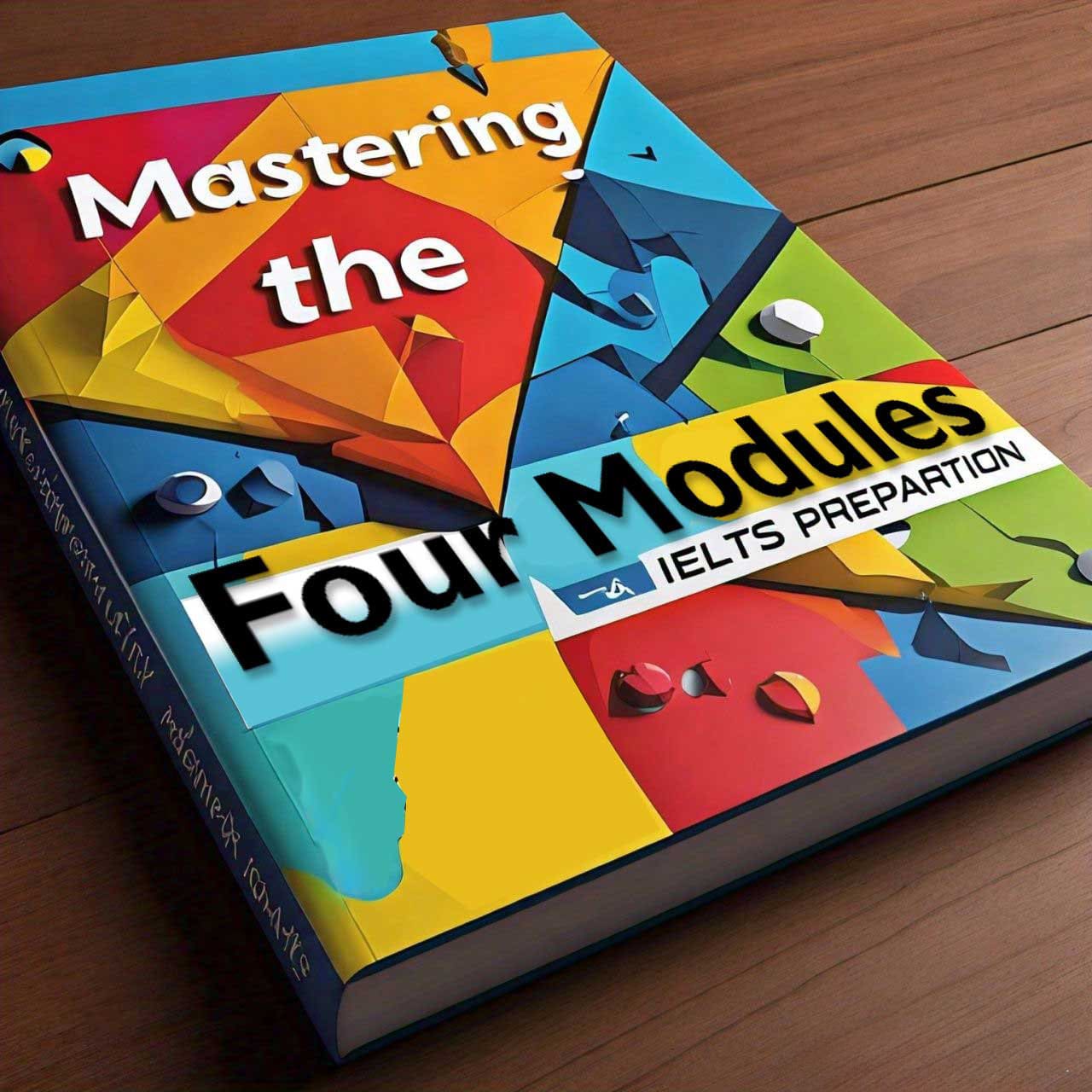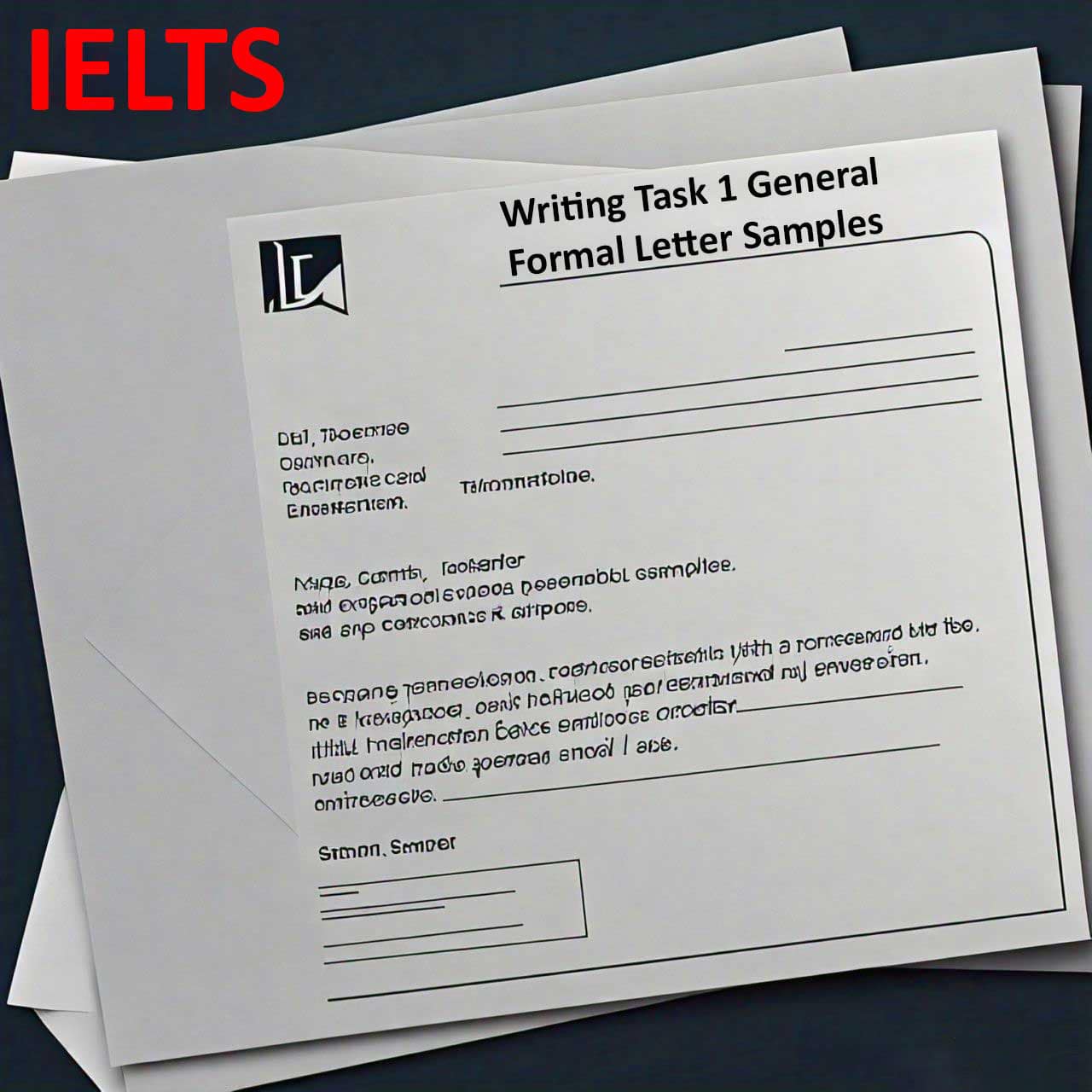The IELTS (International English Language Testing System) exam is a pivotal milestone for individuals seeking to pursue education, work, or migration opportunities in English-speaking countries. Comprising four distinct modules—Listening, Reading, Writing, and Speaking—the IELTS exam evaluates your proficiency in various language skills and your ability to communicate effectively in English. In this comprehensive guide, we’ll delve into strategies for mastering each module of the IELTS exam to help you achieve your desired score.
Module 1: Listening
1. Develop Active Listening Skills:
– Practice active listening by engaging with a variety of English audio materials, such as podcasts, news broadcasts, and TED talks. Focus on understanding main ideas, supporting details, and nuances of speech.
2. Take Practice Tests:
– Familiarize yourself with the format and question types of the IELTS Listening test by taking practice tests under timed conditions. Pay attention to instructions and develop strategies for effective note-taking.
3. Improve Vocabulary and Pronunciation:
– Expand your vocabulary and refine your pronunciation skills to enhance comprehension. Practice recognizing different accents and intonation patterns commonly encountered in the Listening test.
4. Review and Reflect:
– After completing practice tests, review your answers and identify areas for improvement. Reflect on strategies that were effective and adjust your approach accordingly.
Module 2: Reading
1. Enhance Reading Skills:
– Develop reading skills by regularly engaging with a variety of English texts, including articles, essays, and academic papers. Practice skimming and scanning techniques to locate key information quickly.
2. Understand Question Types:
– Familiarize yourself with the different question types in the IELTS Reading test, such as multiple choice, matching headings, and True/False/Not Given. Learn strategies for approaching each question type effectively.
3. Build Vocabulary:
– Expand your vocabulary by reading widely and noting down unfamiliar words and expressions. Use context clues to infer meaning and develop strategies for deducing meaning from context.
4. Practice Time Management:
– Practice time management by setting aside dedicated time for reading practice and simulating test conditions. Aim to complete each passage within the allotted time to build confidence and efficiency.
Module 3: Writing
1. Understand Task Requirements:
– Familiarize yourself with the task requirements for both Task 1 (Report Writing) and Task 2 (Essay Writing) in the IELTS Writing test. Pay attention to word limits, content, and organization.
2. Practice Writing Prompts:
– Practice writing responses to a variety of IELTS Writing prompts, covering different topics and task types. Develop outlines and draft essays to refine your ideas and structure.
3. Focus on Coherence and Cohesion:
– Emphasize coherence and cohesion in your writing by organizing ideas logically and using cohesive devices, such as transitional phrases and linking words, to connect sentences and paragraphs.
4. Seek Feedback:
– Solicit feedback on your writing from teachers, tutors, or peers. Consider joining writing groups or forums where you can exchange feedback and ideas with other IELTS candidates.
Module 4: Speaking
1. Practice Speaking Regularly:
– Practice speaking English regularly in various contexts, such as conversations, presentations, or role-plays. Focus on fluency, pronunciation, and coherence in your speech.
2. Record and Listen to Yourself:
– Record yourself speaking and listen to the recordings to identify areas for improvement. Pay attention to pronunciation, intonation, and pacing.
3. Simulate Speaking Tests:
– Simulate the IELTS Speaking test by practicing speaking tasks under timed conditions. Use prompts from past exams or create your own topics to discuss.
4. Expand Speaking Vocabulary:
– Expand your speaking vocabulary by learning new words and expressions related to common IELTS Speaking topics. Practice using idiomatic expressions and collocations to enrich your speech.
Conclusion
Mastering the four modules of the IELTS exam requires diligent preparation, focused practice, and strategic approach. By developing active listening skills, enhancing reading comprehension, refining writing abilities, and practicing speaking fluency, you can build confidence and proficiency in English language communication. Remember to familiarize yourself with the test format, understand task requirements, and employ effective strategies for each module to maximize your chances of success on the IELTS exam. With dedication and perseverance, you’ll be well-equipped to achieve your desired score and embark on your journey to academic, professional, or personal success in English-speaking environments.



